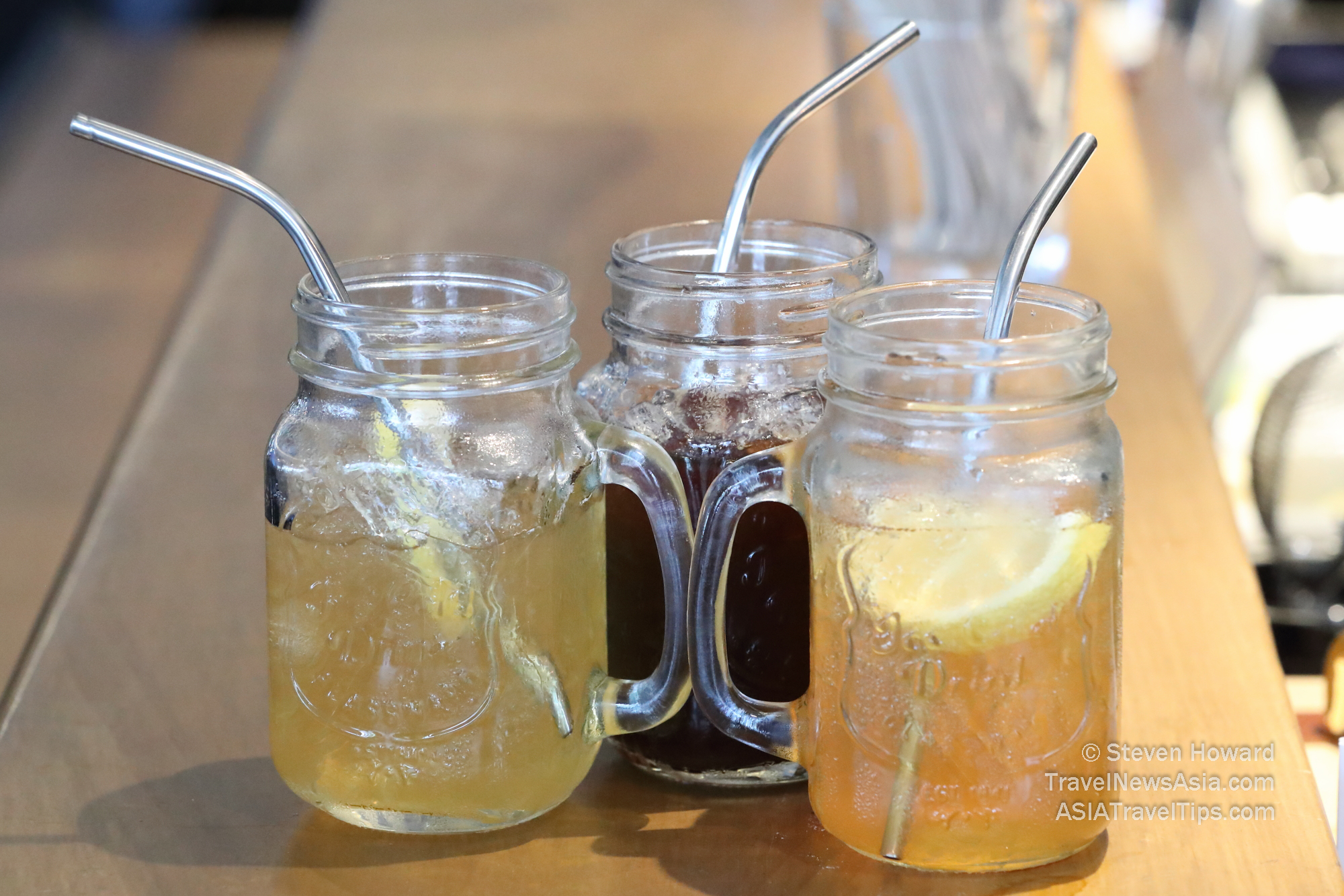|
In October 2019, Mandarin Oriental pledged to
eliminate all single-use plastic (SUP) across its portfolio of
luxury hotels by the end of March 2021.
By the end of Q1 2021, the group had achieved
nearly 70% reduction of its annual plastic footprint.
The ongoing global COVID19 pandemic has led to temporary hotel closures
and low occupancies, thereby slowing the depletion of existing
stocks of plastic products by up to 12 months in some markets.
Based on estimated plastic stock depletion
timelines and supplier delivery commitments, it is now expected that
all hotels within the group will eliminate SUP by the end of Q1 2022, avoiding 930 tonnes of plastic waste each year.

�Although our ambitious timeline to eliminate all
single-use plastic from our premises by the end of March 2021 has
been deferred by one year, largely as a consequence of the
pandemic, we have made massive progress, with a majority of our
hotels expected to reach the elimination goal by the end of July
this year,� said James Riley, Group Chief Executive. �Despite the
ongoing challenging conditions, our colleagues have continued to
embrace our commitment to deliver on the Group�s sustainability
responsibilities.�
The group is committed to eliminating SUP
across all areas of its hotels, including rooms, spa, transport,
restaurants and bars as well as in back-of-house areas not seen by
guests, such as offices, staff areas and kitchens.
The most
common SUP items have been identified across the three main operational
departments: F&B, Spa and Rooms. Of those, six high-impact items
accounted for 81% of annual SUP waste generated:
- Garbage bags (294 tonnes per year);
- Water
bottles (7.7 million bottles per year);
- Slippers (816,000
pairs per year);
- Vacuum bags for food (88 tonnes per year);
- Cling film (80 tonnes per year); and
- Amenities such as shampoo,
conditioner and shower gel (4.9 million bottles per year).
The group continues to look for
eco-alternatives that are completely plastic free, however, where
none are available in the market, some exceptions to its
commitment to eradicate SUP have been made.
Examples include
toothbrush bristles that are still plastic, while in the view of
health and safety, hygiene seals for F&B items such as plastic
seals for beverages or candy jars have not been removed to make
them free of SUP.
Likewise medical items, especially hygienic
wrapped medical grade kit, are exempt in first aid kits.
Although supplier packaging is excluded from these
calculations, as MOHG does not have direct operational control,
hotels continue to tackle this through collaborative actions with
suppliers.
The group is expected to issue a further report on progress
in Q4 2021.
See also:
Hotel Waste, Single-Use Plastic and Climate Change - Interview
with Maggie Lee, Market Transformation Manager at WWF Singapore.
See latest
Travel Industry News,
Video
Interviews,
Podcasts
and other
news regarding:
Mandarin Oriental,
Hotel Waste,
Sustainable Travel,
Plastic.
|
Headlines: |
|
|
